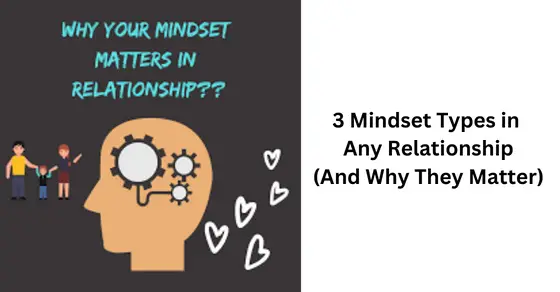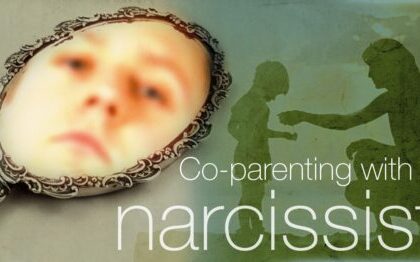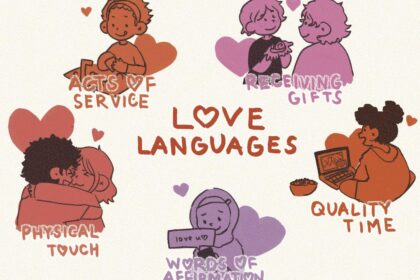In any relationship in life there is going to be a dynamic between the two parties. Some relationships have obvious dynamics that reveal themselves within the first few minutes around someone while other relationships need a few layers to be peeled back in order to truly see what’s going on there. Today we’re going to discuss the three different mindset types within a relationship and what it means, how it impacts your life and relationships as a whole.
These personality traits apply to romantic relationships, friendships or any type of relationship. It is important to recognize and identify which personality trait you are in a relationship and to ideally move into a healthier personality within your relationships if you need to as all relationship mindsets do not lead to healthy, fulfilling relationships.
The three mindsets in a relationship reveal whether you feel alone or too clingy in a relationship.
The last mindset approach is the healthiest mindset approach and does not have the feeling of being alone in a relationship or of being too clingy. This is the last mindset type and what we want to strive for if we desire healthy relationships in our lives.
The 3 Mindset Types in Relationships
-
-
Lone Wolf Mentality:
The person with the lone wolf mentality is incredibly independent. They do everything on their own and really do not need the support or guidance of others. In fact, if offered help, support or guidance they tend to reject it as they feel the need to maintain their sense of independence and doing it on their own. Typically these people have been damaged in a relationship, or maybe they were an outcast when they were younger. They developed fierce independence and an internal belief that “I don’t need the world anyway” in their lives.
The Challenges:
You don’t benefit from the wisdom of the crowd or community around you. People around you can share value, can support you in ways that you may not see. Your own limited perspective and understanding is as good as what you can do but there are many people that can add to that. It’s important to remember that dependence on humans is a healthy trait.
View this post on Instagram2. Codependent Mentality:
The codependent person is someone who relies on others more than themselves. In a romantic relationship they can rely on their partner for quite literally everything. Their partner is their source of love, their source of support, their source of money. Their source of self worth, their source of emotional support. The list can go on and on. It’s a strong reliance on a human being, too strong of a reliance.
The Challenges:
The codependent person gets lost and blinded by the pursuit of this relationship. By the pursuit of love from an external source. By the pursuit of what they feel they need from a person outside of them. This leads to unhealthy independence within oneself and you’re setting yourself up to fail because one person cannot provide everything you need all the time. It’s an unrealistic expectation. Oftentimes codependent people get into relationships with someone who is abusive or narcissistic. This can become a vicious cycle of usery.
-
View this post on Instagram
3. Interdependent Mentality:
An interdependent mentality is the healthiest relationship mentality to have in any relationship be it romantic, personal friendship, whatever it may be. A person with a strong sense of interdependence understands that being independent at times is needed and important and being codependent at times is needed and important as well. In other words, these people can rely on themselves as well as rely on others and go back and forth between this dynamic in a healthy and harmonious manner. If their partner is interdependent also the dynamic flows beautifully as they both can take the lead if need be or follow their partner and operate out of faith and trust.
The Challenges:
The challenges here are that you must recognize when you’re being too independent or too reliant and counteract that in order to find harmony and balance. Humans work better together in teams and in partnership the dynamic of the team needs to be supportive on both sides. If one partner is overly dominant and doesn’t give the other partner a say or a voice this can lead to the lone wolf mentality. Likewise, if one partner is too dependent this can lead to codependency.
A healthy relationship dynamic requires trust and to both be independent as well as to rely upon one another. If you’re seeking that in your life find time to spend just on yourself, and find time to just support your partner. Make time for each of these in your life and find that beautiful dance between the two. It will serve the health and harmony of your relationship well in the long run.
View this post on Instagram
If you enjoy these articles and videos be sure to follow David Benjamin on Instagram @healthywildfree for more!





